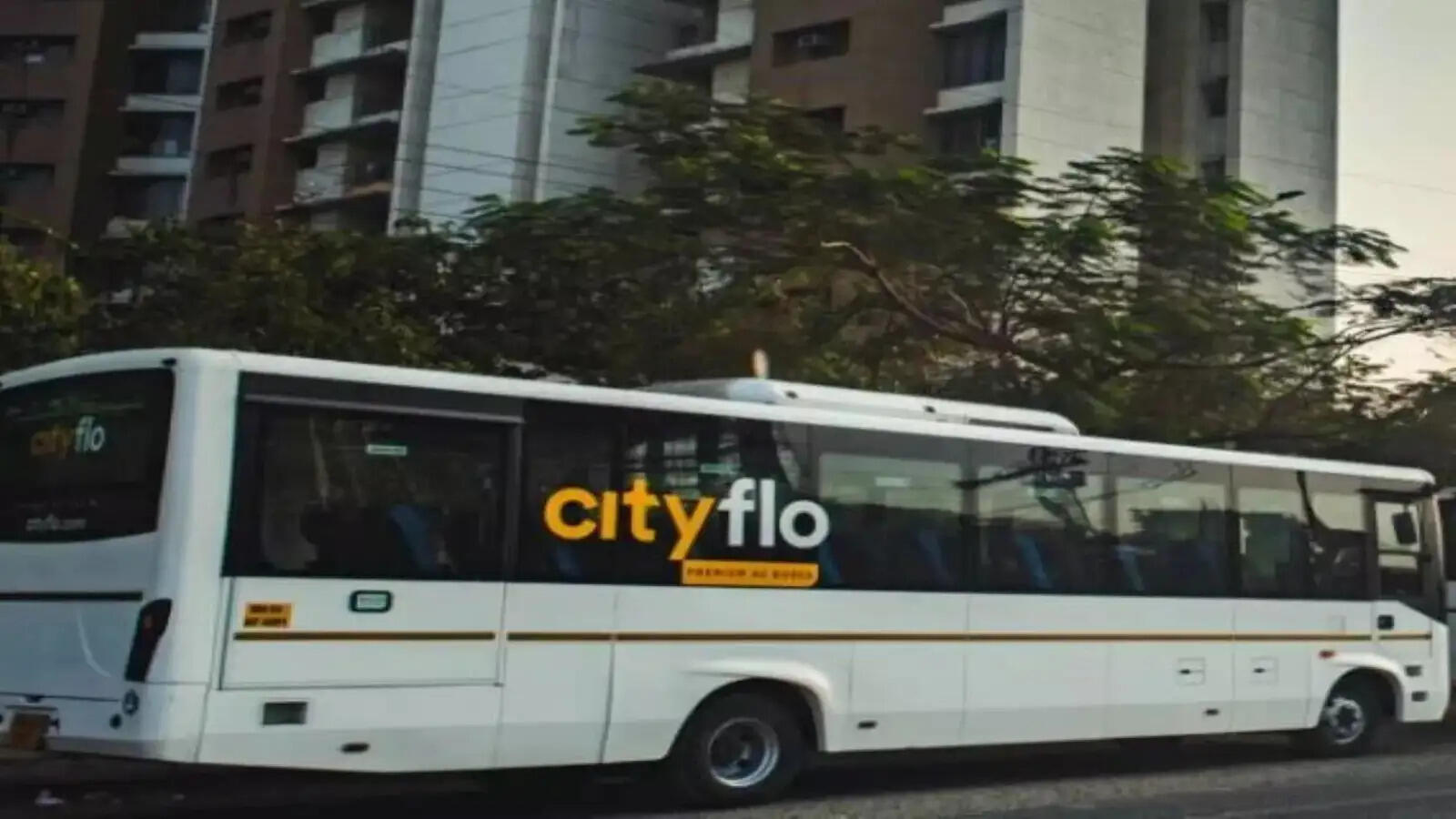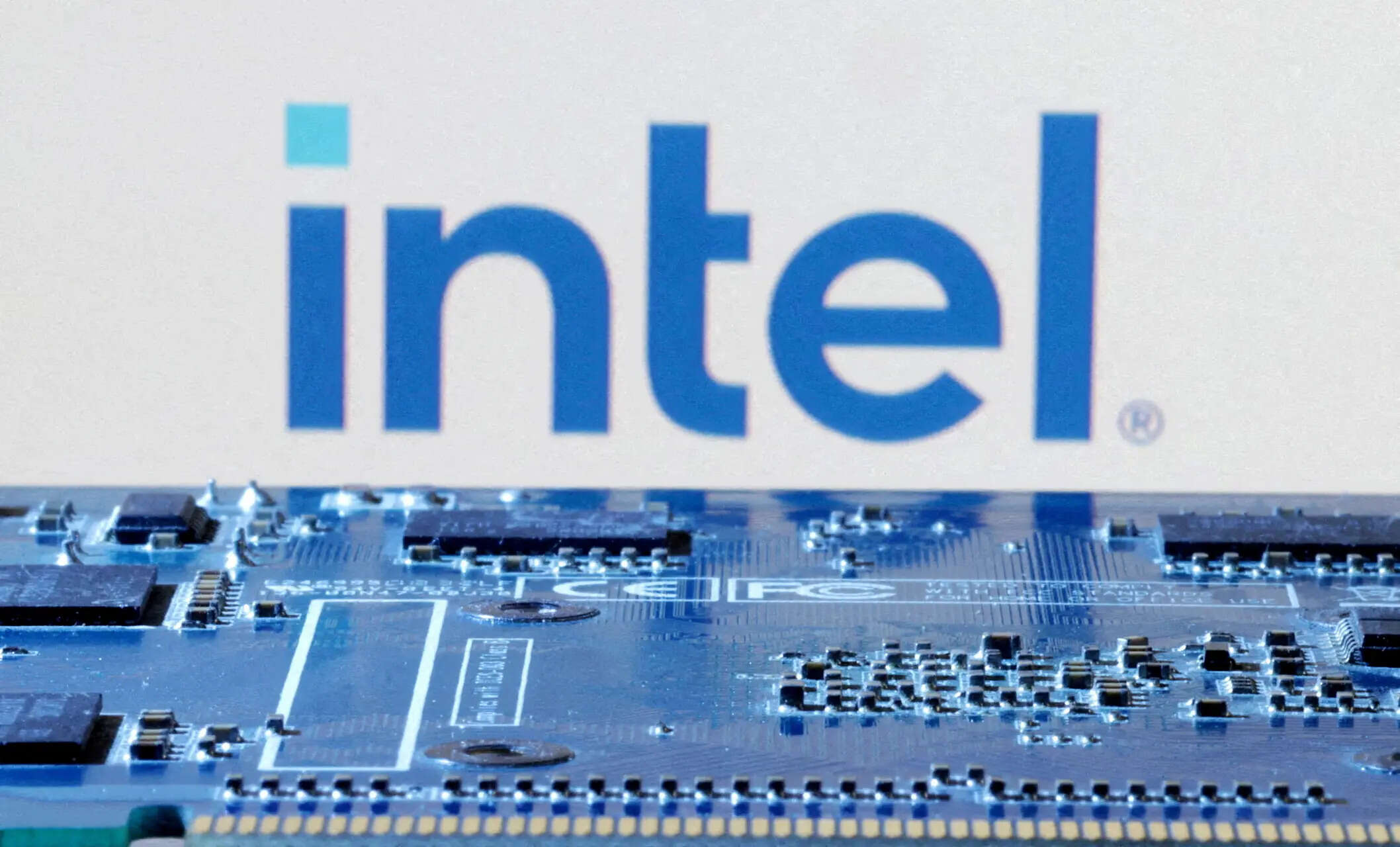Flipkart Rethinks Quick Commerce Strategy
Flipkart is reportedly reassessing its quick commerce ambitions, potentially limiting expansion to the country’s largest metropolitan areas. This strategic shift aims to curb the significant financial burn associated with the rapid growth of quick commerce operations.
Focus on Profitability
The move suggests a greater emphasis on profitability over aggressive expansion. Competing in the intensely competitive quick commerce space requires substantial investment in infrastructure, logistics, and marketing. Flipkart’s decision to potentially scale back its expansion indicates a desire to streamline operations and optimize resource allocation.
Impact on Smaller Cities
If confirmed, this could mean a slower rollout of Flipkart’s quick commerce services in smaller cities and towns. While the company has not officially commented on the reports, industry analysts suggest that focusing on established markets with higher order volumes and greater purchasing power would be a logical step to reduce costs and improve profitability.
Key Factors Influencing the Decision:
- High Operational Costs: Maintaining a robust quick commerce network requires significant investment in warehousing, delivery fleets, and technology.
- Intense Competition: The quick commerce market is crowded with established players and new entrants, leading to price wars and margin pressure.
- Profitability Concerns: Achieving profitability in the quick commerce space has proven challenging for many companies.
The long-term impact of this potential shift remains to be seen, but it highlights the challenges and complexities of building a sustainable quick commerce business in India.

























Leave a Reply